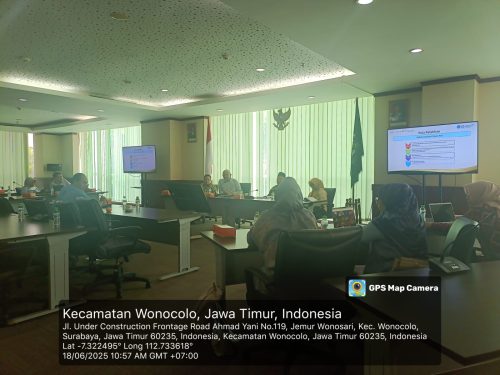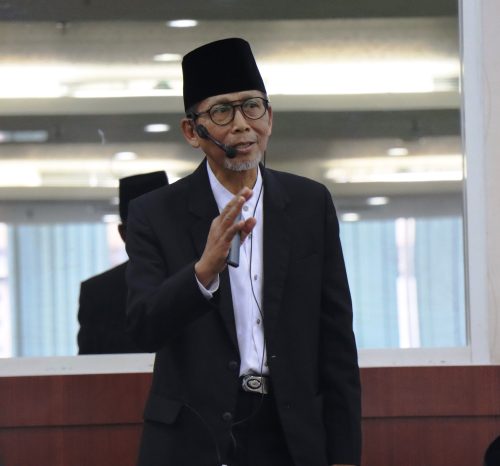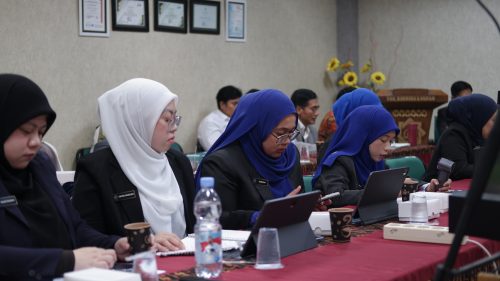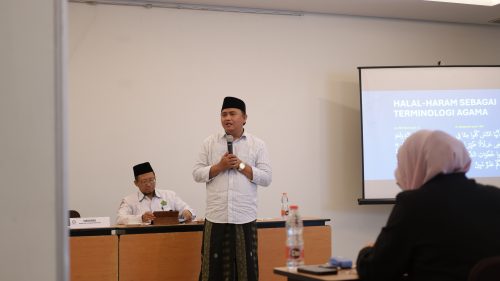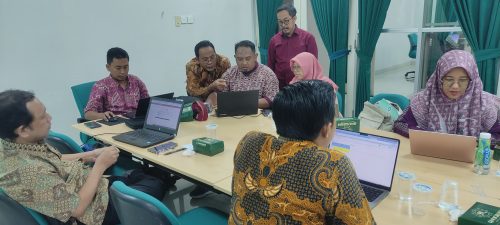Ramadan, the ninth month in the Hijri calendar, holds significant importance among Muslims worldwide, regardless of their Arabic proficiency or cultural background. It is the only month explicitly mentioned by name in the Quran, where Surah Al-Baqarah verse 185 highlights its significance as the month of Quranic revelation, serving as a source of guidance and distinction between right and wrong. Central to Ramadan is the obligatory act of fasting, incumbent upon every believing Muslim, irrespective of their gender, socioeconomic status, or scholarly background. Only those who are ill, traveling (musafir), prepubertal children, women during their menstrual period or postnatal bleeding, travelers, pregnant or breastfeeding women who believe fasting for long hours may cause harm to either themselves or their babies, are exempt from fasting.
But what is the purpose of fasting? According to Quranic teachings (Surah Al-Baqarah verses 183), fasting during Ramadan aims to cultivate taqwa, or God-consciousness, within individuals. Taqwa, as defined by Ibn Abbas, entails avoiding associating partners with Allah and steadfastly adhering to His commandments. It involves conscientiously fulfilling His orders and refraining from His prohibitions. Ramadan offers a unique opportunity for individuals to develop taqwa, but how does fasting contribute to this spiritual growth?
Unlike other forms of worship (ibadah), fasting is a deeply personal endeavor between an individual and their Creator. It involves abstaining from food and drink, creating space for introspection and contemplation. By foregoing these mundane activities, Muslims are encouraged to reflect on their purpose in life, their existence, and their spiritual journey. Fasting serves as a means of self-discipline, strengthening one’s resolve to adhere to divine commandments and avoid sinful behavior.
Unfortunately, in many Muslim societies, the true essence of Ramadan is often overshadowed by cultural practices focused on excessive feasting and indulgence. Rather than a month of spiritual growth and self-reflection, Ramadan becomes synonymous with lavish meals and extravagant celebrations. However, if we fail to recognize the true purpose of Ramadan, our observance of it becomes devoid of any meaningful impact.
It is imperative that we strive to attain the true essence of Ramadan, aligning our actions with its intended spiritual objectives. By embracing the discipline of fasting and cultivating taqwa, we can hope to attain the true essence of Ramadan and draw closer to our Creator. May we all strive to make the most of this blessed month and attain the spiritual growth it offers.
*Iksan, Secretary of Pendidikan Agama Islam Magister, pesantren anthropologist.




